Conserving the Birds of Uganda's Banana-Coffee Arc: Land Sparing and Land Sharing Compared
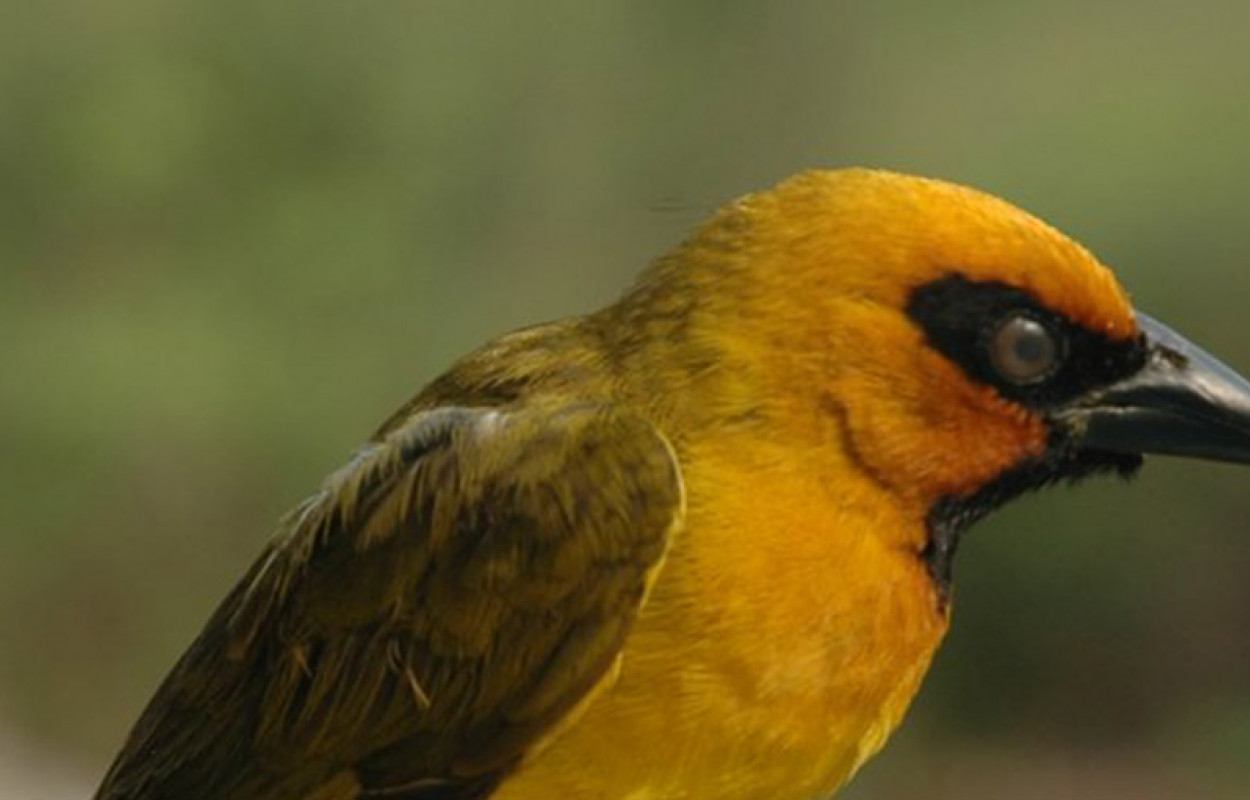
Author(s): Hulme, M.F., Vickery, J.A., Green, R.E., Phalan, B., Chamberlain, D.E., Pomeroy, D., Nalwanga, D., Mushabe, D., Katebaka, R. and Atkinson, P.W.
Published: January 2013
Journal: PLOS ONE Volume: 8 ( part 2 )
Article No.: e54597
Digital Identifier No. (DOI): 10.1371/journal.pone.0054597
Increases in human population and per capita consumption are placing growing pressures on ecosystems as agricultural demands escalate. This has led a debate about how best to farm for both high yields and biodiversity. Two contrasting models have been put forward: “land sharing”, where low-yield farming enables biodiversity to be maintained within the agricultural landscape, and “land sparing”, where high-yielding agriculture is practiced, requiring a smaller area of land to attain the same yields and therefore leaving greater areas of natural habitat untouched.
A new study led by the BTO, in collaboration with NatureUganda, Makerere University, the University of Turin, RSPB and the University of Cambridge, has examined these two models in southern Uganda, an area associated with the cultivation of coffee and bananas. Farmland and forest areas were surveyed, taking in a gradient of agricultural intensification. The population densities of 256 species of bird (including 10 Palearctic migrants) were measured, along with crop yields and farmers’ income. In a result consistent with previous studies in Ghana and India, most birds were found to fare better under land sparing, where more native forest was left unaffected by agriculture. This was especially true of species with smaller geographical ranges, which are more likely to be of conservation concern. However, the authors suggest that high-yield farming can only be effective in delivering land sparing if combined with strong measures to protect natural habitats, other ecosystem services and human livelihoods.

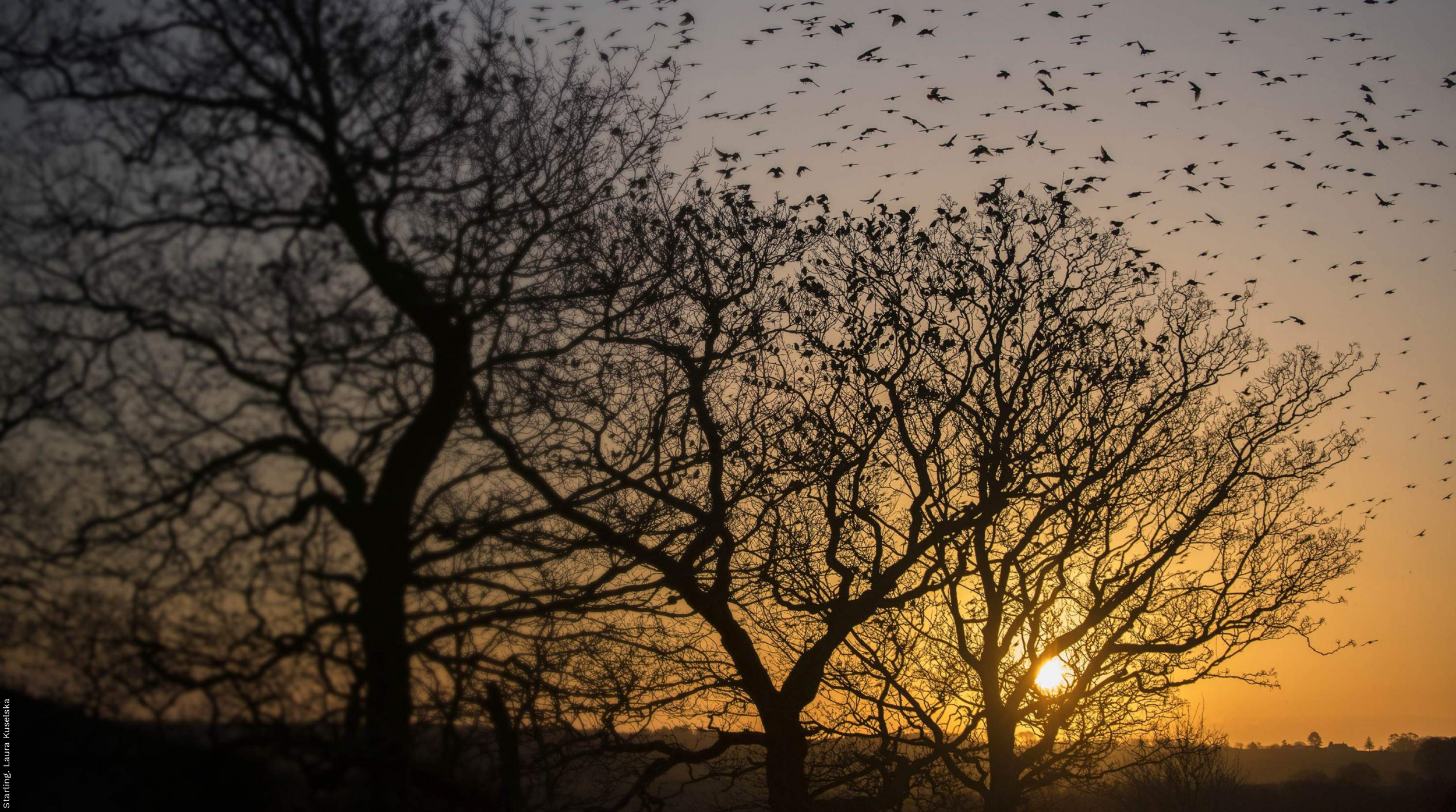
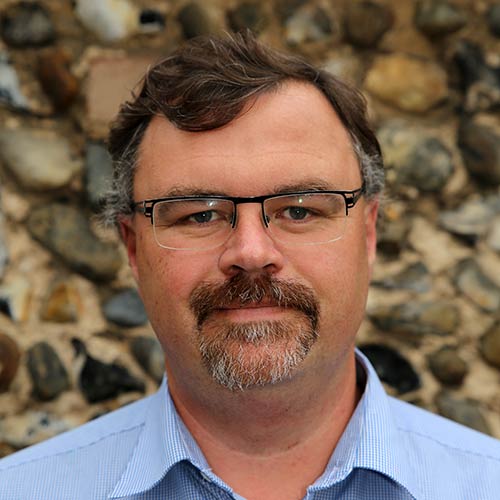
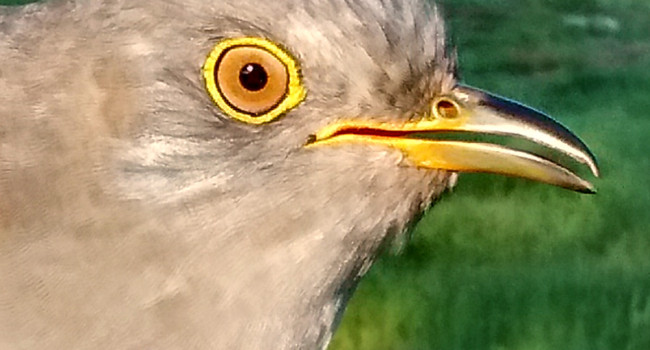
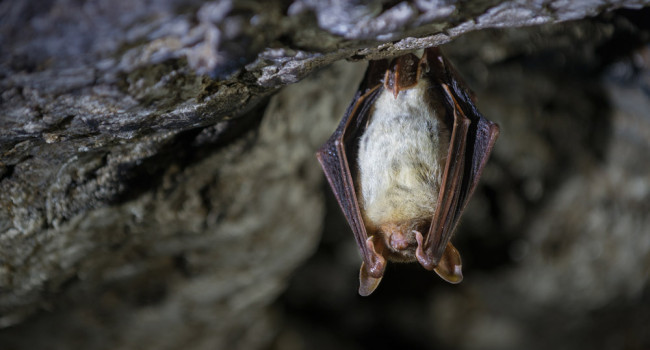
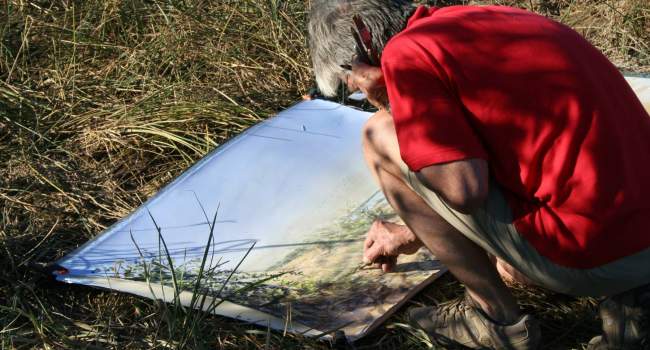

Share this page